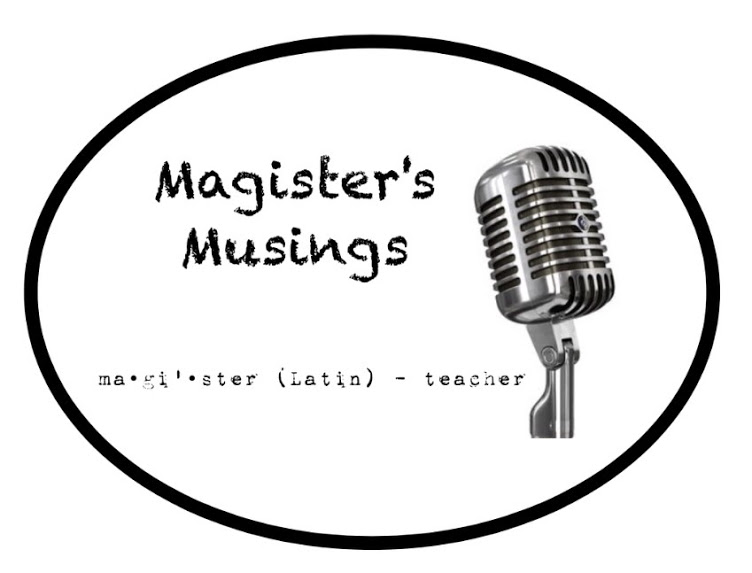"An Evaluation Of Two Methods Of Teaching Handwriting," a seminar report submitted in partial fulfillment of the requirements for a Master's Degree in the Department of Education, July 28, 1964
Tucked away inside this Master's thesis from over a half century ago lies the kind of broad thinking that once characterized American education. Make no mistake, the thesis is filled with the sort of data reporting one would expect after reading its title. There are discussions of methods, reviews of relevant literature, and tables of results from a study conducted among fourth graders from February 12, 1964, to May 8, 1964, at Mt. Tabor Elementary School in New Albany, Indiana. Yet on three pages in the middle of the thesis, its author looks up from her research to find a larger view
[L]anguage is the chief factor in the development of the human mind and civilization. It is what chiefly raises man above animal. The discovery of written language marked a great advance in the life of mankind since it made possible wider communication and more permanent records. This, in turn, made possible the accumulation of knowledge and the growth of literature, history, and science.
The individual child profits from the possession of the reading matter which has thus been produced. He also profits from his own acquisition of the ability to write. It, of course, gives him a means of communicating in addition to oral speech, but this is not all. In speech, the words disappear into thin air as they are spoken. They make a momentary impression and then they are gone. The form and structure of the sentences, paragraphs, and larger units cannot well be comprehended and criticized. Their logic cannot readily be grasped or their fallacies noted. They are heard one after the other, but they cannot be seen simultaneously so that their relation may be readily recognized. Francis Bacon expressed something of this idea when he said, "Reading maketh a full man, conference a ready man, and writing an exact man." Writing, then, is not merely a utilitarian art; it is a vital factor in the child's intellectual growth. (p. 34)
The author of this thesis, a 27 year old teacher in her fifth year of teaching, knew that the teaching of handwriting was about far more than skills training. She understood it, rightly, as equipping children to take their place within the grand human story, one that involves not only their reading of literature, history, and science, but their contribution to such fields as well.
Yet even work within literature, history, and science can be little more than utilitarian endeavors, and this especially the case when such work is evaluated only for its immediate result. The author of this thesis saw something deeper here, too.
Character development can be a by-product of every subject taught. Habits of physical and mental self-control, promptness, industry, self-reliance, a sense of neatness, pride in work well-done, exactness, tenacity, and perseverance might all grow out of the teaching of handwriting. (pp. 37-38)
Character development can be a by-product of every subject taught. It can be, but it only will be when teachers and education leaders look up from the utilitarian and immediately practical, from the evaluation of charts and data, and from the narrow focus that is blinding too many of us. It can be, but it only will be when we, like this young Master's student, who happens to be my mother, return to the broad thinking and larger view that helped American education produce some of the greatest thinkers, innovators, and leaders in history.

